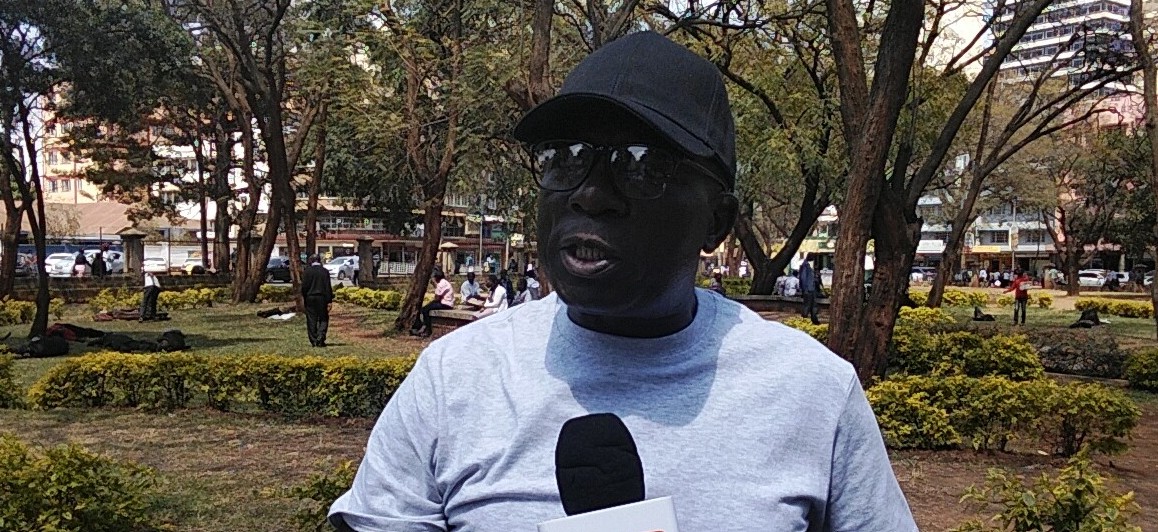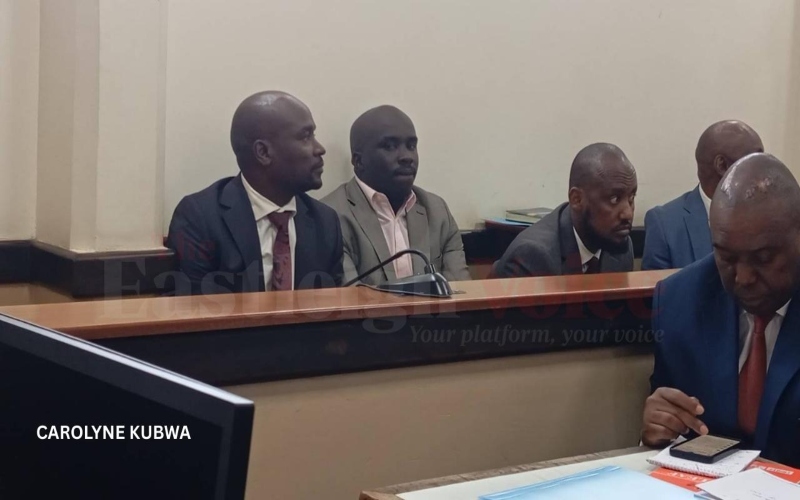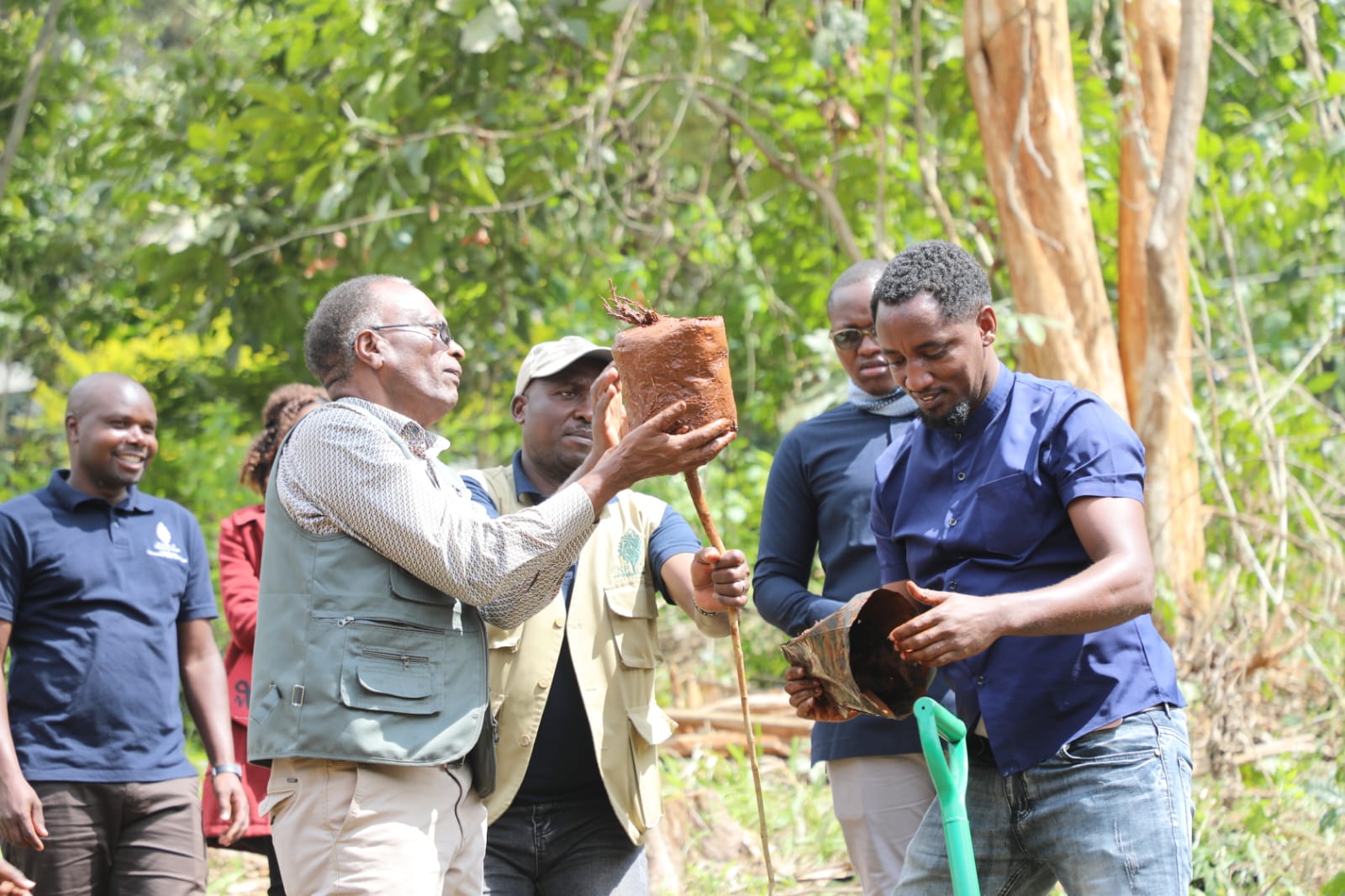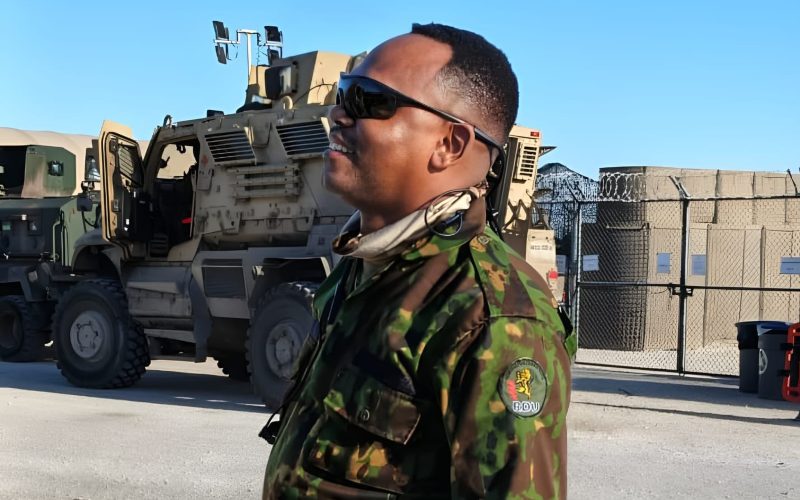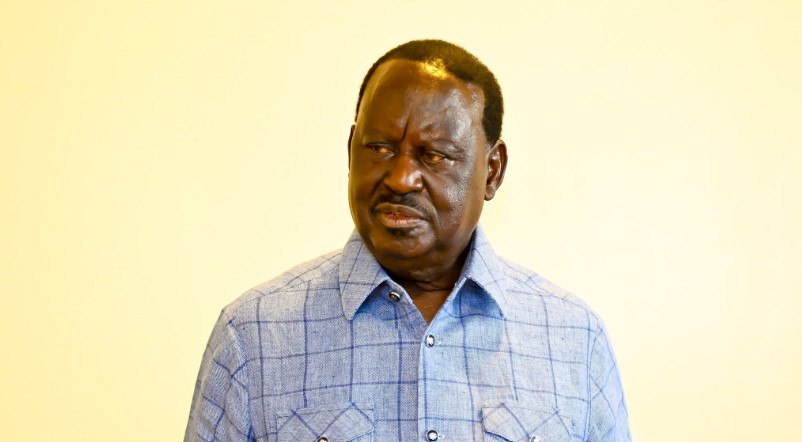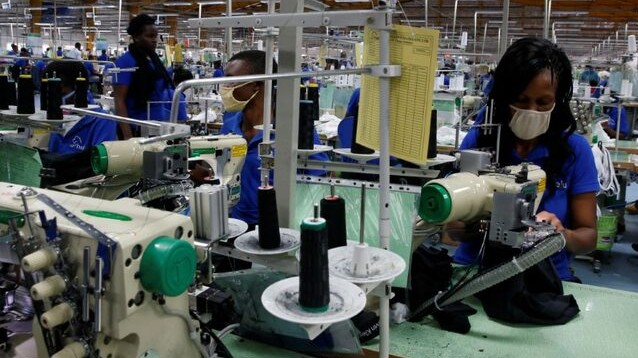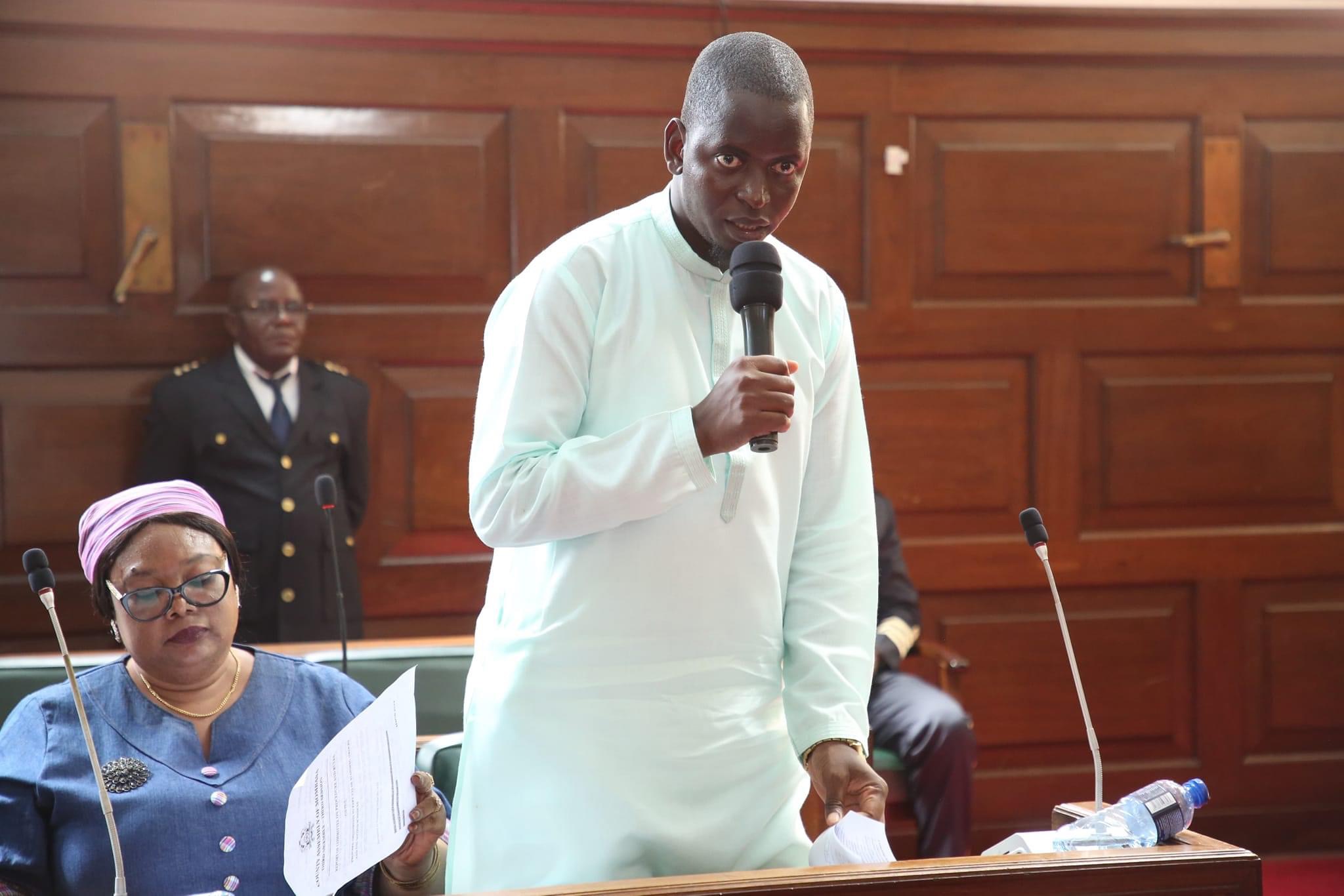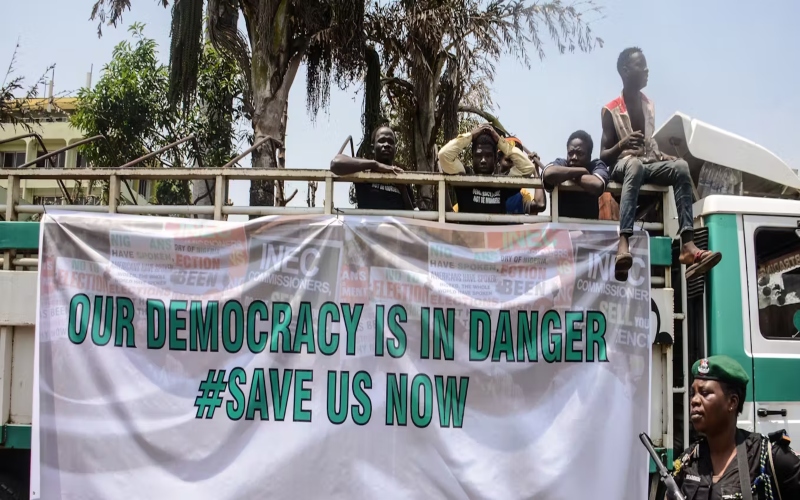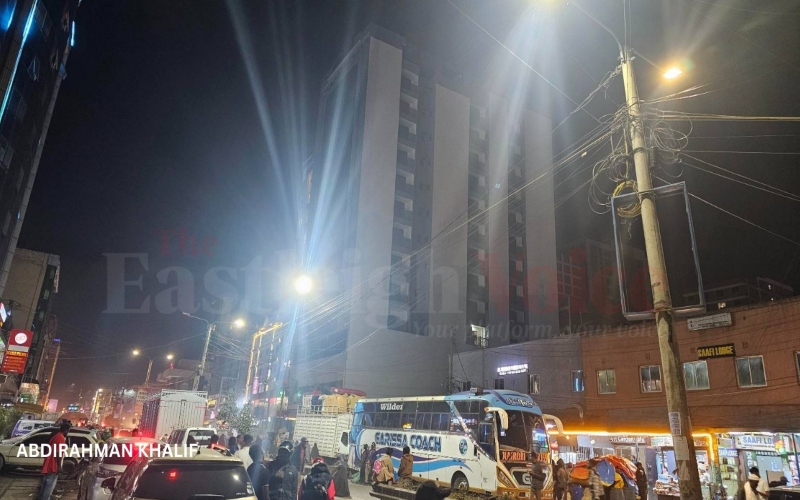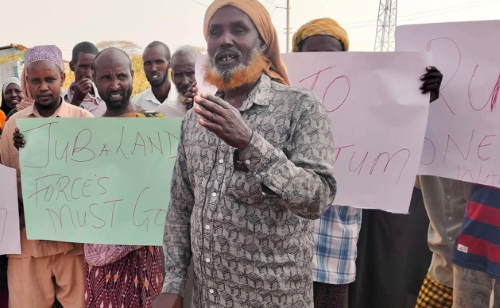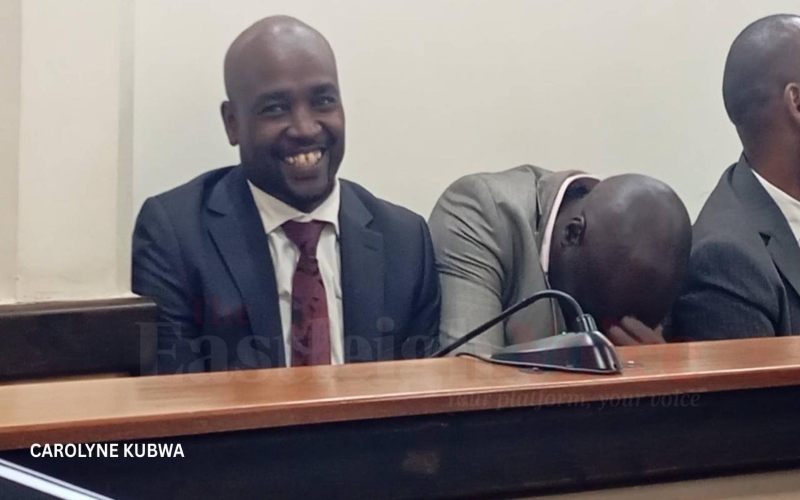Explainer: The process of impeaching a deputy president in Kenya
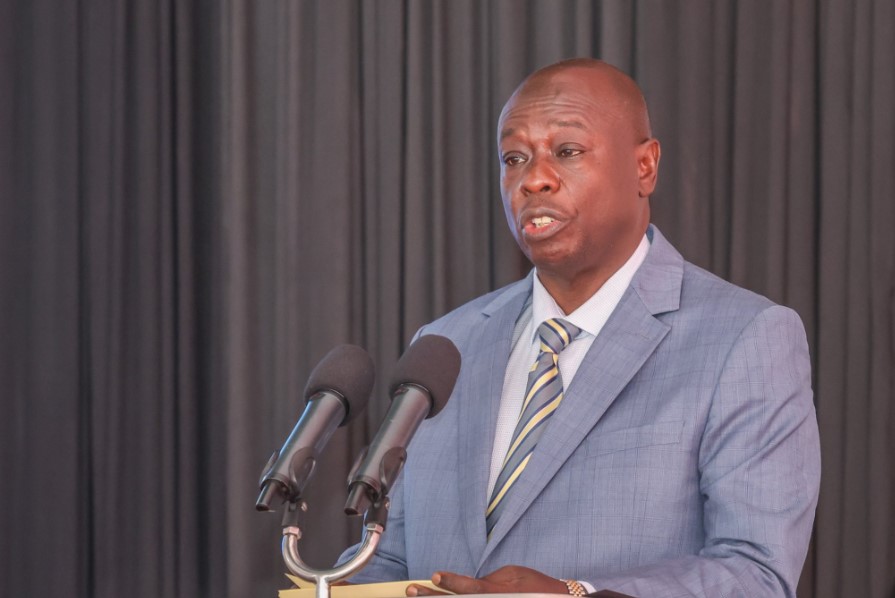
The Constitution provides for the process to remove or impeach the deputy president in Kenya.
Talks of a plan to impeach Kenya's Deputy President Rigathi Gachagua have resurfaced.
But while addressing traders at Nairobi's Wakulima Market, popularly known as Marikiti, the DP emphasised that his mandate comes from the people, not MPs.
More To Read
- Executive undermining Parliament’s independence, says Kivutha Kibwana
- MPs call on IEBC to curb soaring election costs by regulating legal fees
- CJ Martha Koome pushes back against criticism over parliamentary interference
- Frequent court injunctions threaten to stall Parliament’s work, Wetang’ula warns
- Challenging the status quo: Githunguri MP Gathoni Wamuchomba tells it all
- Deputy Speaker Gladys Shollei lauds committees as Parliament’s ‘engine room’
"I was elected by Kenyans. It is those Kenyans who can remove me from the seat when the time comes," he stated.
But how difficult or easy is it to impeach a deputy president?
The Constitution provides for the process to remove or impeach the deputy president in Kenya.
It also gives the National Assembly and the Senate the power to impeach the deputy president.
The Constitution provides for two ways for the removal; through impeachment or incapacity.
Articles 144 and 145 of the Kenyan Constitution provide for both ways.
Impeachment can be on the grounds of a gross violation of a provision of this Constitution or any other law; where there are serious reasons to believe that the deputy president has committed a crime under national or international law; or for gross misconduct.
To impeach the DP, the mover needs to be supported by at least a third of all the Members of Parliament.
"A member of the National Assembly, supported by at least a third of all the members, may move a motion for the impeachment of the deputy president," reads the constitution.
This translates to 117 of the 349 MPs who must sign the motion before it can be introduced.
If at least two-thirds of National Assembly members back the motion, the Speaker of the National Assembly must notify the Senate counterpart within two days of the resolution.
During this time, the deputy president will continue to carry out his or her duties pending the outcome of the impeachment process.
House 'trial'
In this case, the Senate shall act as a court of law, adjudicating the matter of impeachment, with the National Assembly as the prosecutors.
This trial will be conducted by an 11-member special committee of the Senate.
The committee has seven days within which to report to the House.
"The special committee shall investigate the matter and report to the Senate within 10 days whether it finds the particulars of the allegations against the deputy president to have been substantiated," Article 145 (4) of the Constitution says.
In the trial, the DP has the right to appear before the special committee and to have counsel.
"If the special committee reports that the particulars of any allegation against the deputy president have been substantiated, the Senate shall, after according the deputy president an opportunity to be heard, vote on the impeachment charges," the law states.
The special committee may hear representation from the MP who moved the motion in the National Assembly and other lawmakers of the National Assembly.
Each charge will be voted on individually, and if at least two-thirds of the Senate members vote to uphold any charge, the deputy president will be removed from office.
If the allegations are unsubstantiated, the deputy president will continue to serve in office.
In cases where the deputy president's removal is sought due to incapacity, an MP can initiate a motion to investigate their physical or mental ability to perform their duties, provided the motion is supported by at least a quarter of all MPs.
If a majority of all MPs in the National Assembly support the motion, the Speaker shall inform the Chief Justice of that resolution within two days.
Within seven days after receiving notice of the resolution from the Speaker, the Chief Justice shall appoint a tribunal.
The tribunal will consist of three persons who are qualified to practise medicine under the laws of Kenya, nominated by the body which by law is responsible for regulating the professional practice of medicine; one advocate of the High Court nominated by the body which by law is responsible for regulating the professional practice of advocates; and one person nominated by the deputy president.
If the deputy president is unable to nominate the required individual, a family member or close relative shall make the nomination.
The tribunal will investigate the matter and report to the Chief Justice and the Speaker of the National Assembly within 14 days of the appointment.
The Speaker must ensure the tribunal's report is presented to the National Assembly within seven days of receiving it.
This report will be final and cannot be appealed. If the tribunal concludes that the deputy president is capable of fulfilling the duties of the office, the Speaker will announce this in the National Assembly.
However, if the tribunal finds that the deputy president is incapable of performing his or her duties, the National Assembly will then vote on whether to ratify this report.
If a majority of all members of the National Assembly approve the ratification, the deputy president will cease to hold office.
Top Stories Today
